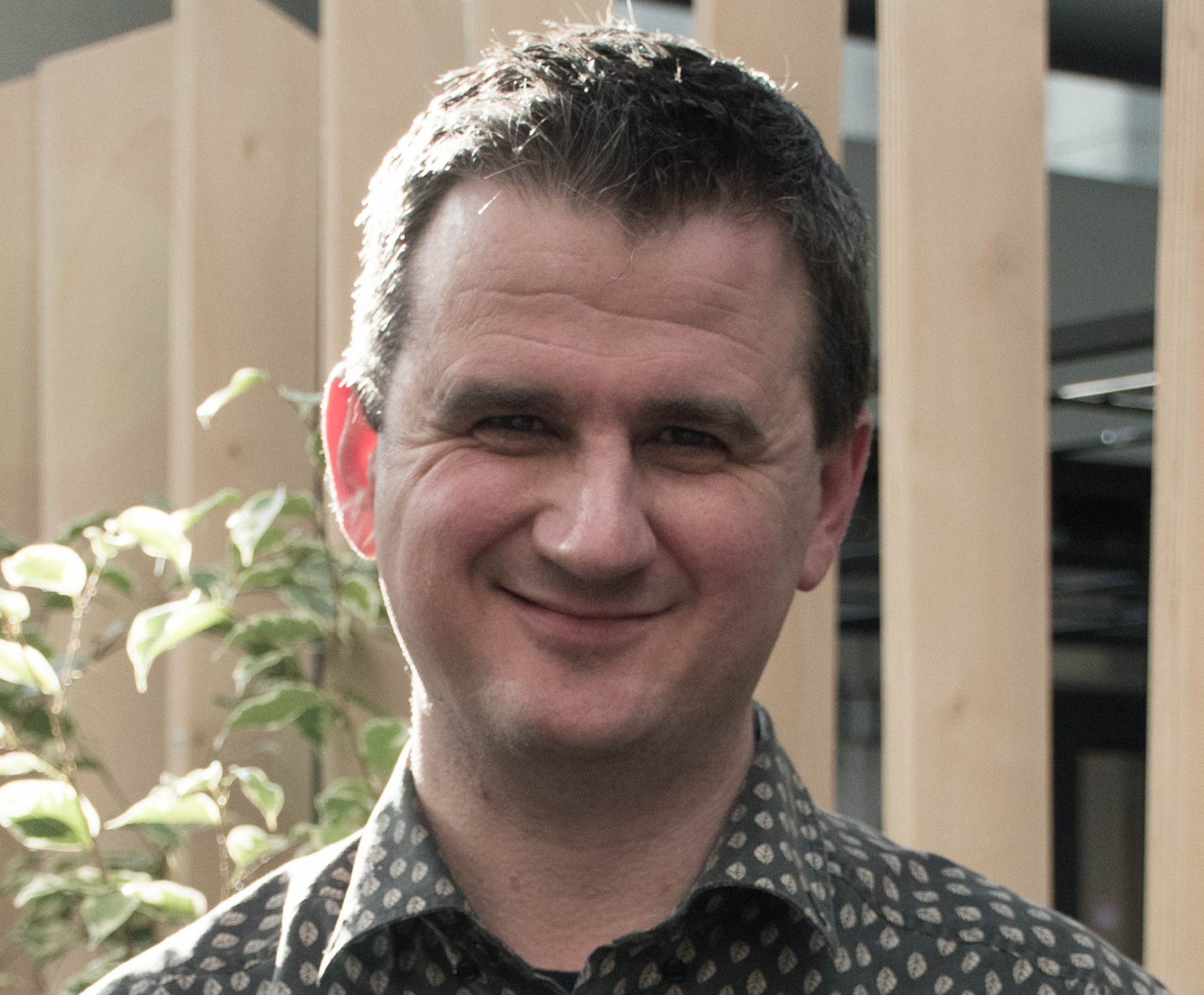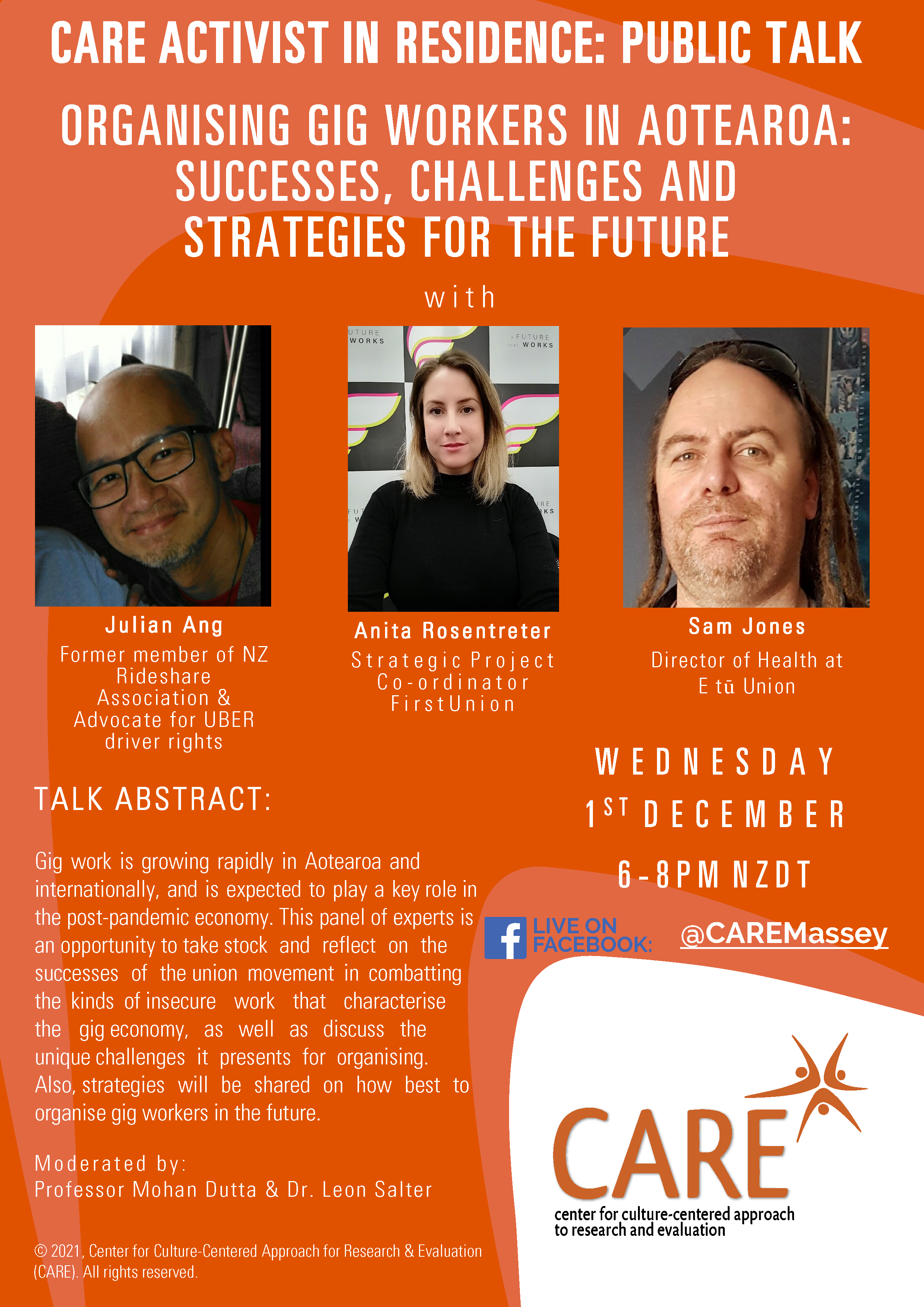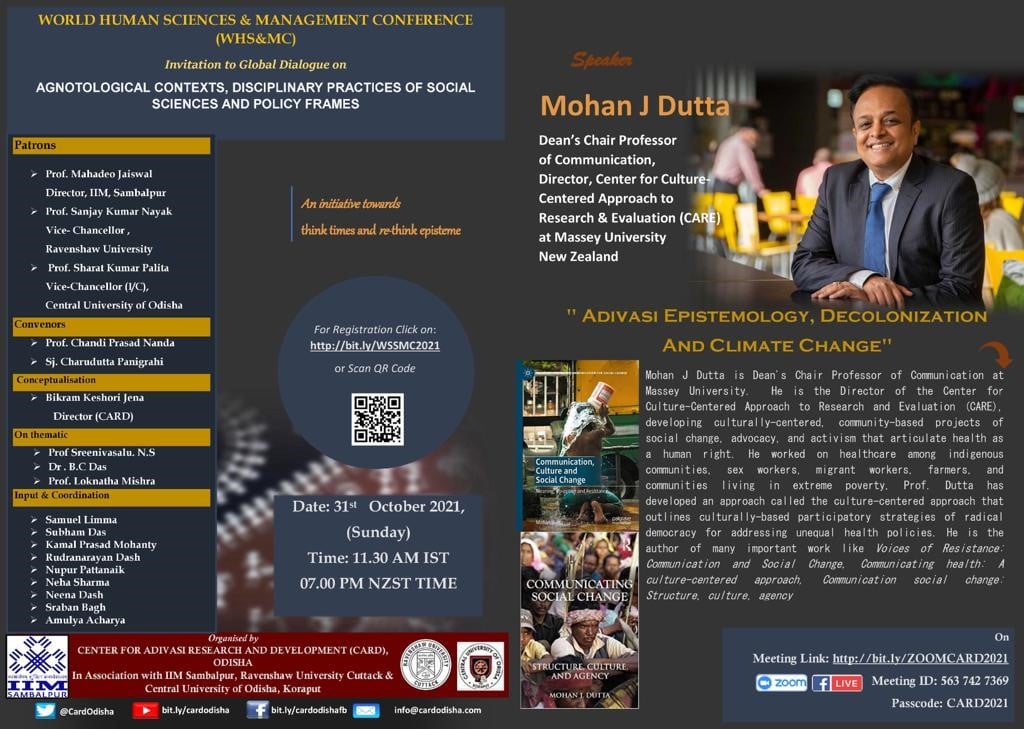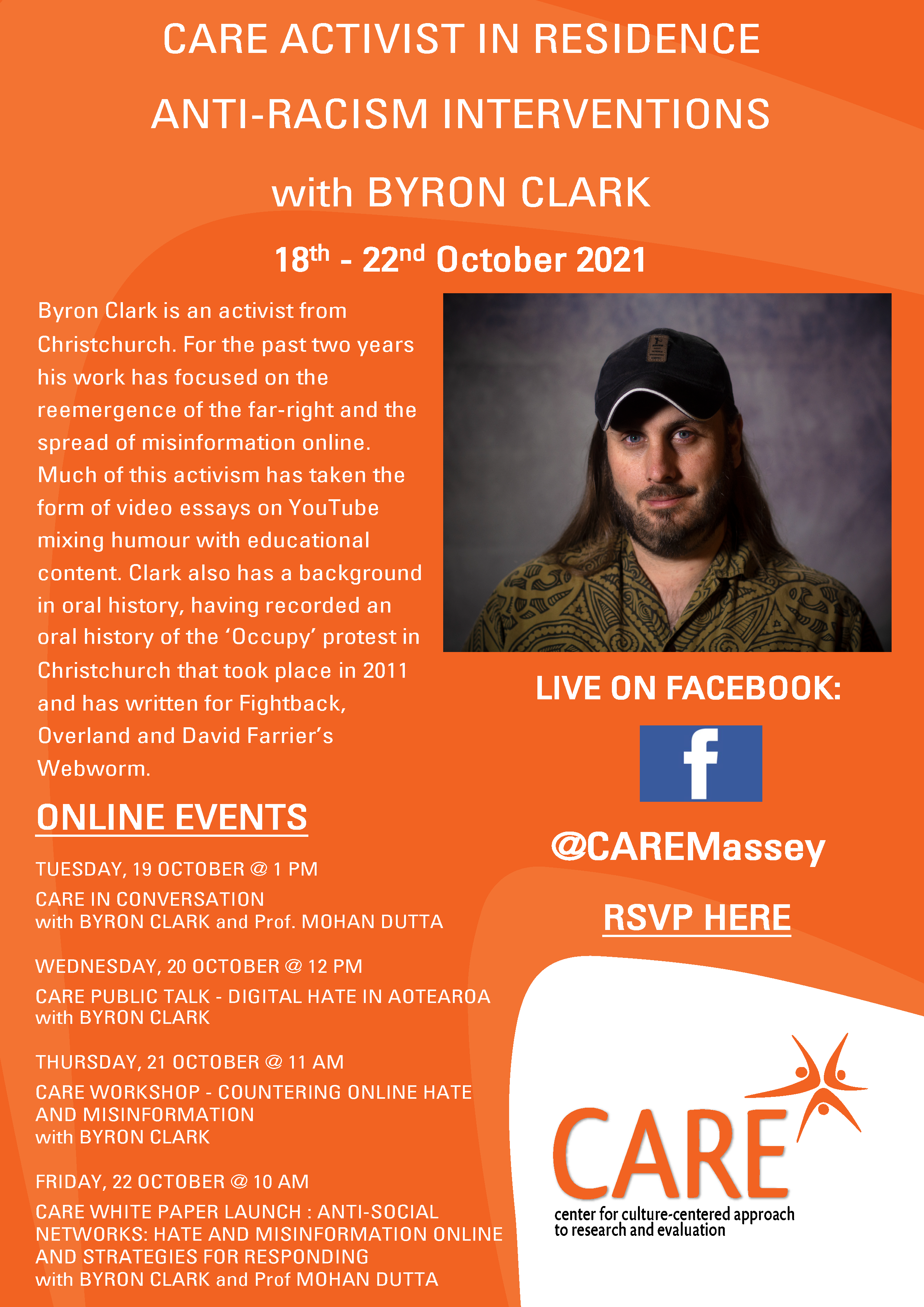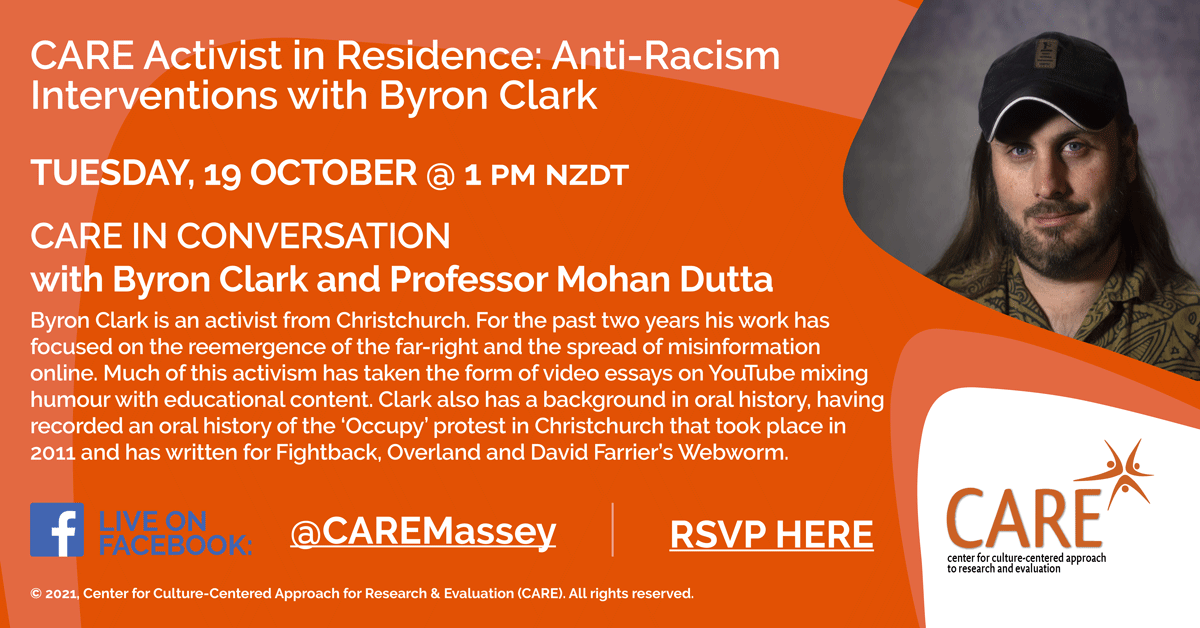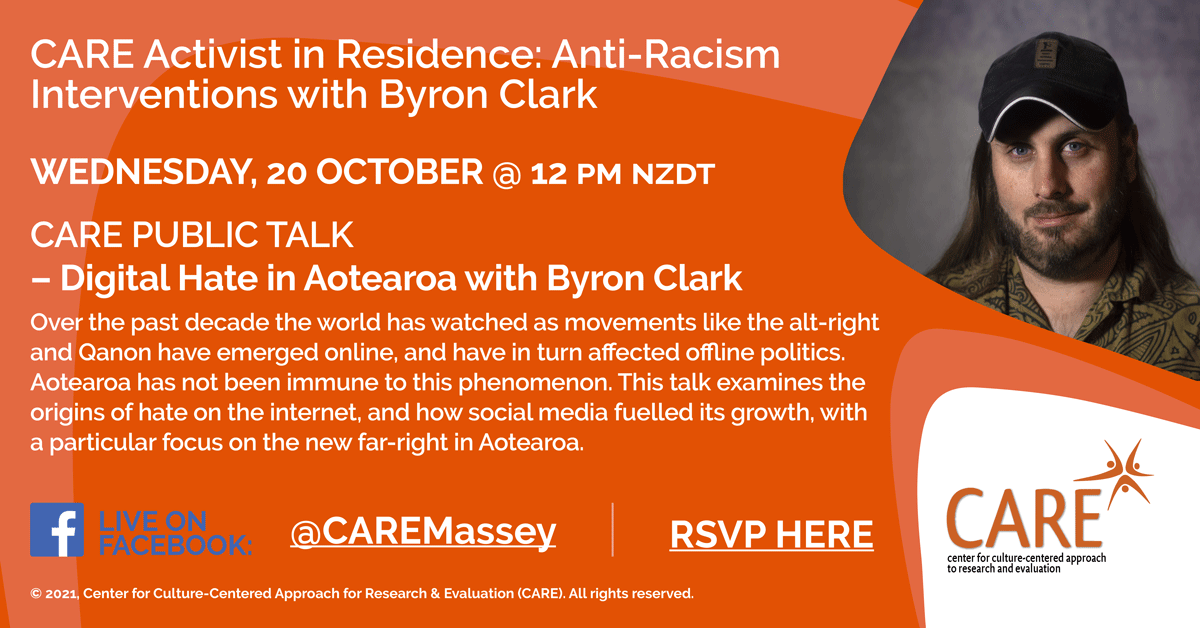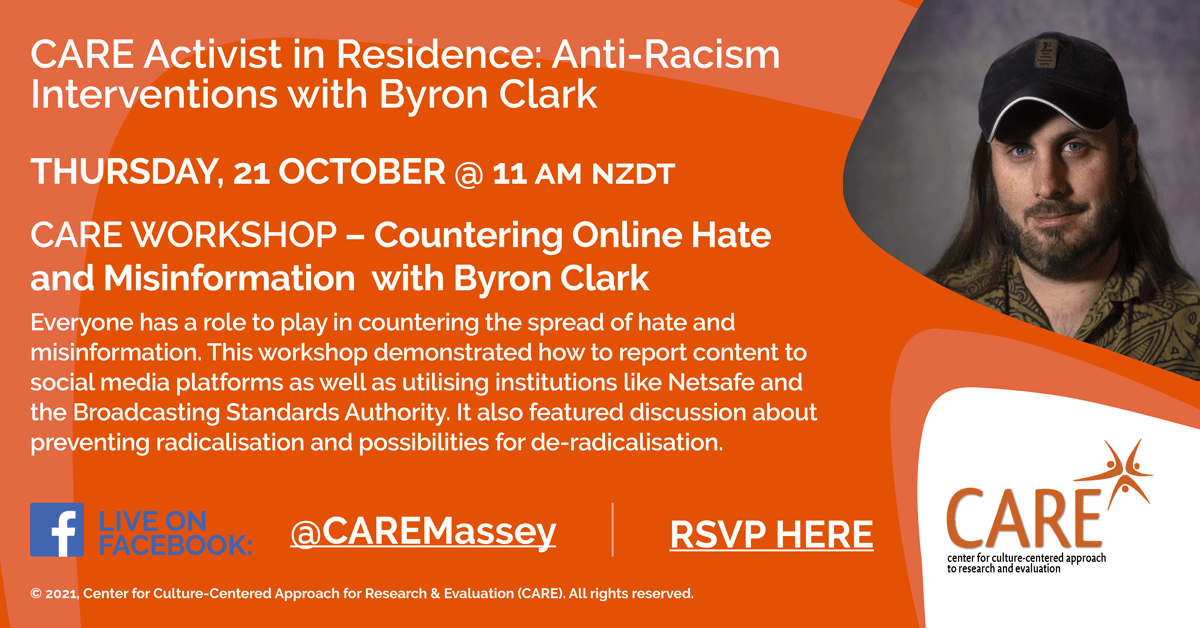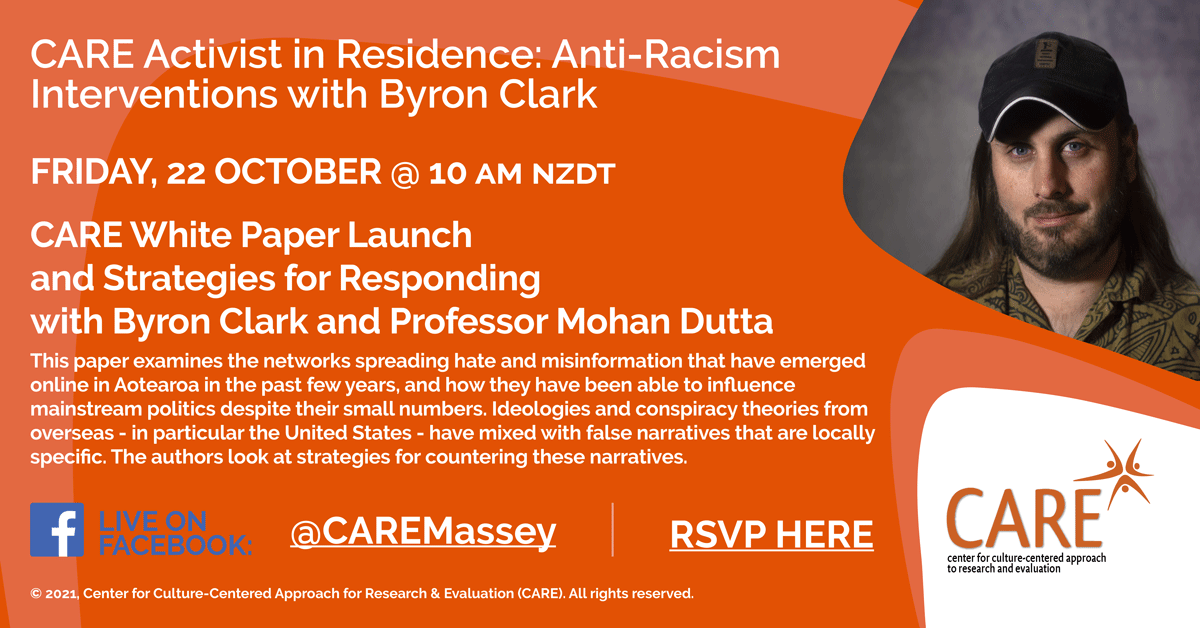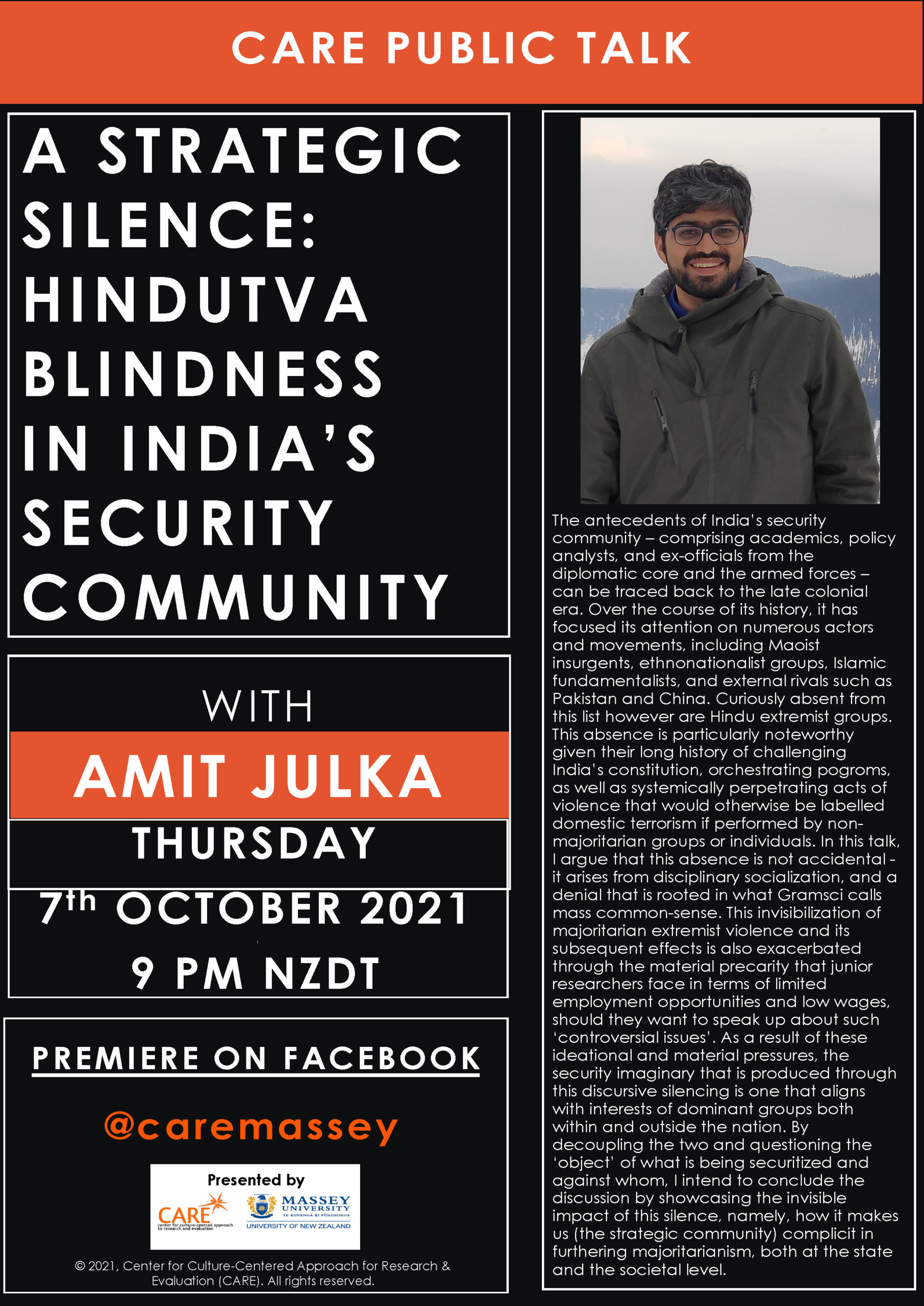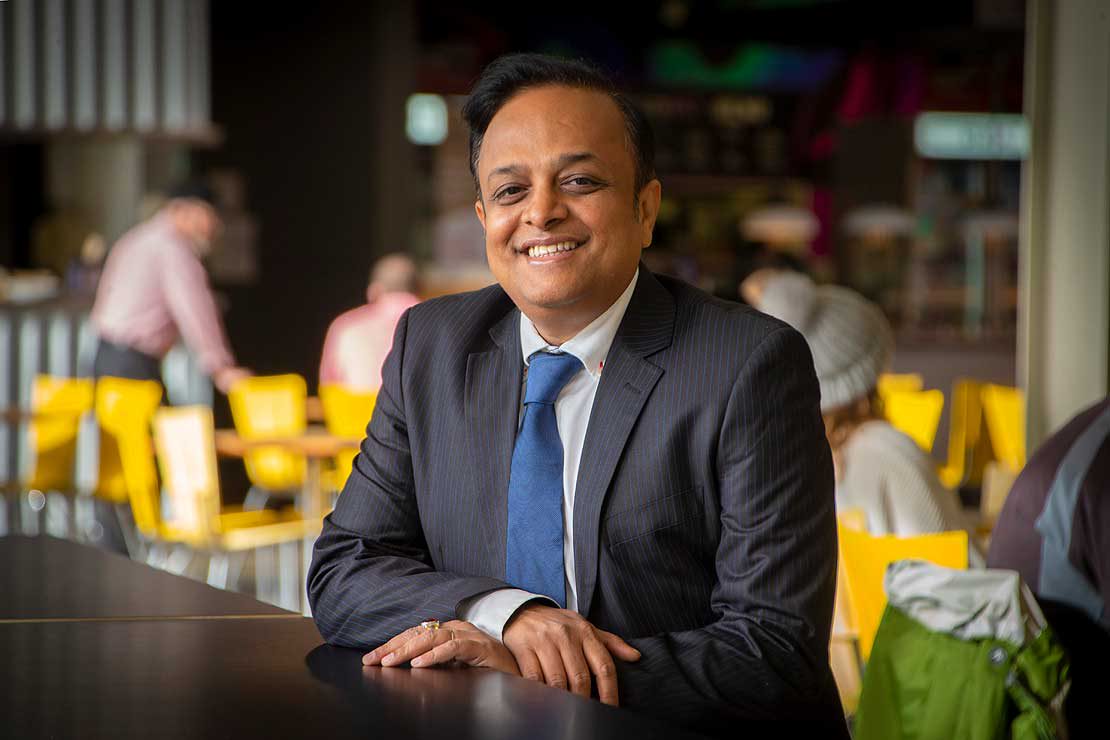by Mohan J. Dutta on December 30, 2021
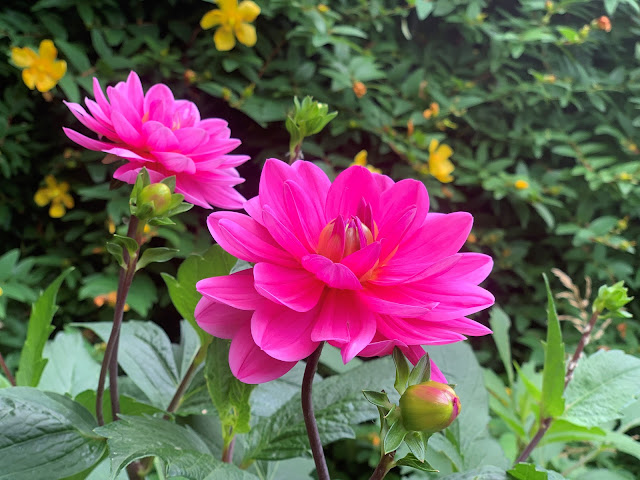
The year 2021 brought with it a lesson that I hope to carry forward in my academic journey in the coming years.
That the sources of power will seek to silence the voices emergent from the margins is a lesson I have borne witness to over the last two decades of academic-community work, in some instances, at personal cost.
As we built the activist-in-residence program, starting with the transformative conversations with Braema Mathi, Sue Bradford, and Tame Iti, the organizing role of power in silencing dissenting voices became all too evident.
From generating disinformation campaigns, to planting false narratives, to carrying out witch hunts framed as audits, to targeting academics with hate messages, threats of violence, and incarceration, dominant structures will draw upon a wide array of strategies and tools to silence academic voices that speak with and alongside the margins.
In the face of these practices of silencing, academia can continue to thrive as a vital space of dissent that generates oppositional intellectual registers, working alongside intellectuals and activists in movements, political parties, and communities.
2021 brought home the message that academia is a critical resource in the ongoing work of challenging extreme neoliberalism, hate politics, and authoritarian populism. Academia is a powerful space for resisting, intervening into, and dismantling these structures of dominant power that threaten to colonize communities, societies and democracies across the globe.
This recognition of the power of academia as a space that can offer a critical anchor to dismantling the control of dominant actors is vital to the ongoing politics of transformation.
The role of academics in building infrastructures of listening to voices of the subaltern margins that are hitherto erased, working alongside social movements and activist organizing, is an important ingredient in the labour of challenging oppressive structures.
For academics to participate in and sustain dissent, our power lies in forging solidarities as collectives. These collectives ought to be built both within academia, and outside academia.
Within academia, our ongoing work ought to build strategies for challenging the precarization of academic labour. Centering conversations on academic freedom and connecting these conversations to the ongoing challenges of precarious academic labour are vital to our unions in the education sector. Connecting across diverse spaces, linking with the struggles of non-academic staff, connecting with the struggles of students are vital elements to sustaining collectives within academia.
Connecting across spaces in academia also translates importantly into connecting across geographies. In the face of the increasing repression of academic freedom across geographies, listening across, centering attention on, and building bridges that reach out to the margins of global geopolitics is an essential ingredient in a global politics of transformation.
Outside of academia, building connections with unions, working-class movements, movements against neoliberalism, Indigenous movements, movements for diversity (gender, race, ability) are critical resources in sustaining the politics of transformation.
Most importantly, 2021 has highlighted the vital role of community agency in empowering academia in its role in the politics of transformation.
The recognition that the neoliberal onslaught on academia that has privatized it through donor and state control can be resisted by re-turning to community, forms the basis for re-imagining the relationship between academia and community.
That academics are accountable to communities at the margins re-imagines the textures and roles of academia in creative ways. In this imaginary, academics are sustained by communities, and in turn, are committed to sustaining communities.
It is in this friendship with communities, particularly communities at the margins, that academia offers a politics of transformation.
Link to the blogpost on : https://culture-centered.blogspot.com/2021/12/reflecting-back-on-2021-academia-in.html

